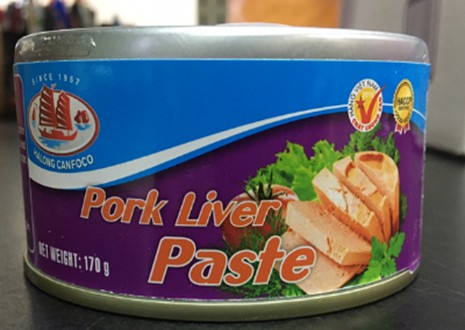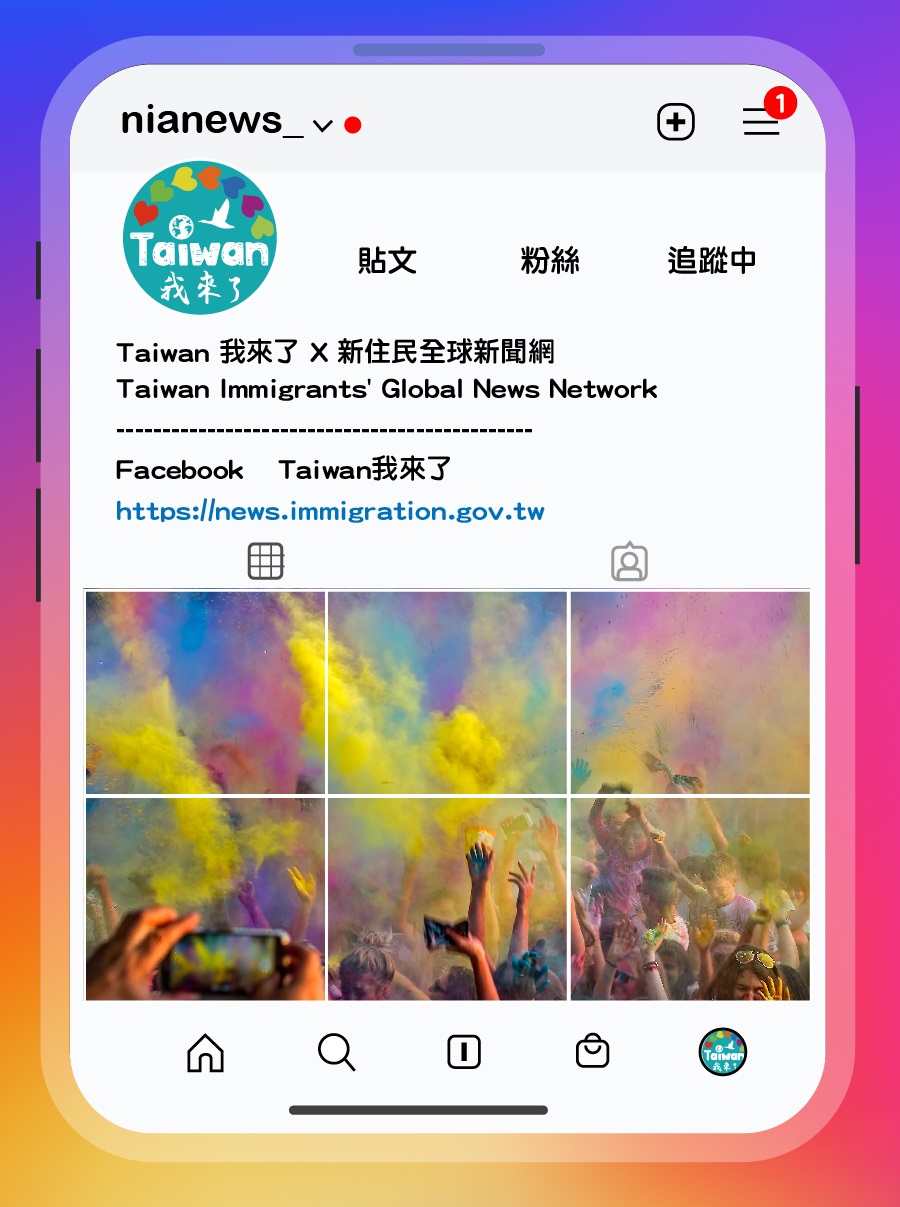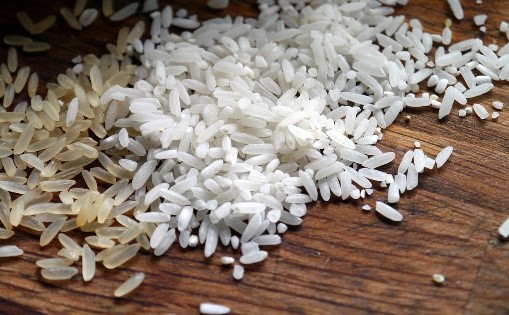African swine fever virus (ASFV) is detected in Vietnamese pork liver paste and recalled urgently, and its export is restricted. The Central Emergency Operation Center for African swine fever held the 15th conference on December 25. Commander, Chairman of the Council of Agriculture, Chen Jizhong, states that in response to the positive result of the previous detection of African swine fever virus found in China's canned food in Malaysia, the Central Emergency Operation Center operated the sampling test based on related commercially available products. As a result, on December 9, the African swine fever virus is detected in "Vietnamese Pork Liver Paste" that not only is recalled urgently but has export restraints on relevant meat products.
The Central Emergency Operation Center states that 11 countries, such as China, Mongolia, Vietnam, Cambodia, Lao, Myanmar, the Philippines, North Korea, South Korea, East Timor, and Indonesia, have informed World Organisation for Animal Health of African swine fever's epidemic situation. Among them, Indonesia, on December 17, informed the center of the epidemic situation that has been spreading and the risk of virus invasion still being high.
According to the statistics of the Central Emergency Operation Center, in terms of border inspection, from October 1 of 2018 to December 24 of 2019, a total of 212 African swine fever positive samplings had been detected, of which 164 were from mainland China and 48 were from Vietnam. Owing to the detection proportion still being high, in addition to strengthening border inspections, tourists will be reminded again during the new year of stopping bringing pork products, such as sausages, ham, and bacon from infected areas.
The Central Emergency Operation Center emphasizes that in response to a large number of arriving and departing passengers during Chinese New Year Festivities and possible smuggling cases of agricultural and livestock products, all border control units have planned various strengthening measures. The Customs Administration, the Coast Guard Administration, the National Police Agency, the Fisheries Agency, and the Bureau of Animal and Plant Health Inspection and Quarantine have strengthened their inspections and promotions of postal parcels, courier services, freight transportation, passenger luggage, and fishing vessels and strictly prevent the import of illegal pork products; The Civil Aeronautics Administration and Taoyuan International Airport timely have controlled the situation of arriving passengers from high-risk areas, and the Bureau of Animal and Plant Health Inspection and Quarantine has adjusted the manual labors of baggage X-ray machines to handle the risk control and smooth customs clearance.
Moreover, in response to the peak of cross-border e-commerce shopping during the Chinese New Year, the Central Emergency Operation Center states that the amendment to the Statute for Prevention and Control of Infectious Animal Disease has been announced on December 13 that added Art. 38.3, which regulates the trafficking of overseas animal quarantines by Internet operators. According to the announcement of the animal quarantine authorities, the websites of units should be added warnings about the animal quarantine and check whether the quarantine materials beyond and within the border are qualified to be launched. Also, the Bureau of Animal and Plant Health Inspection and Quarantine would check whether the Internet operators don't attach warnings and sell unqualified objects onto the website. If the inspection is true, a penalty of 30,000 to 150,000 NTD would be imposed, and those who do not improve before the deadline will be fined consecutively per violation.








